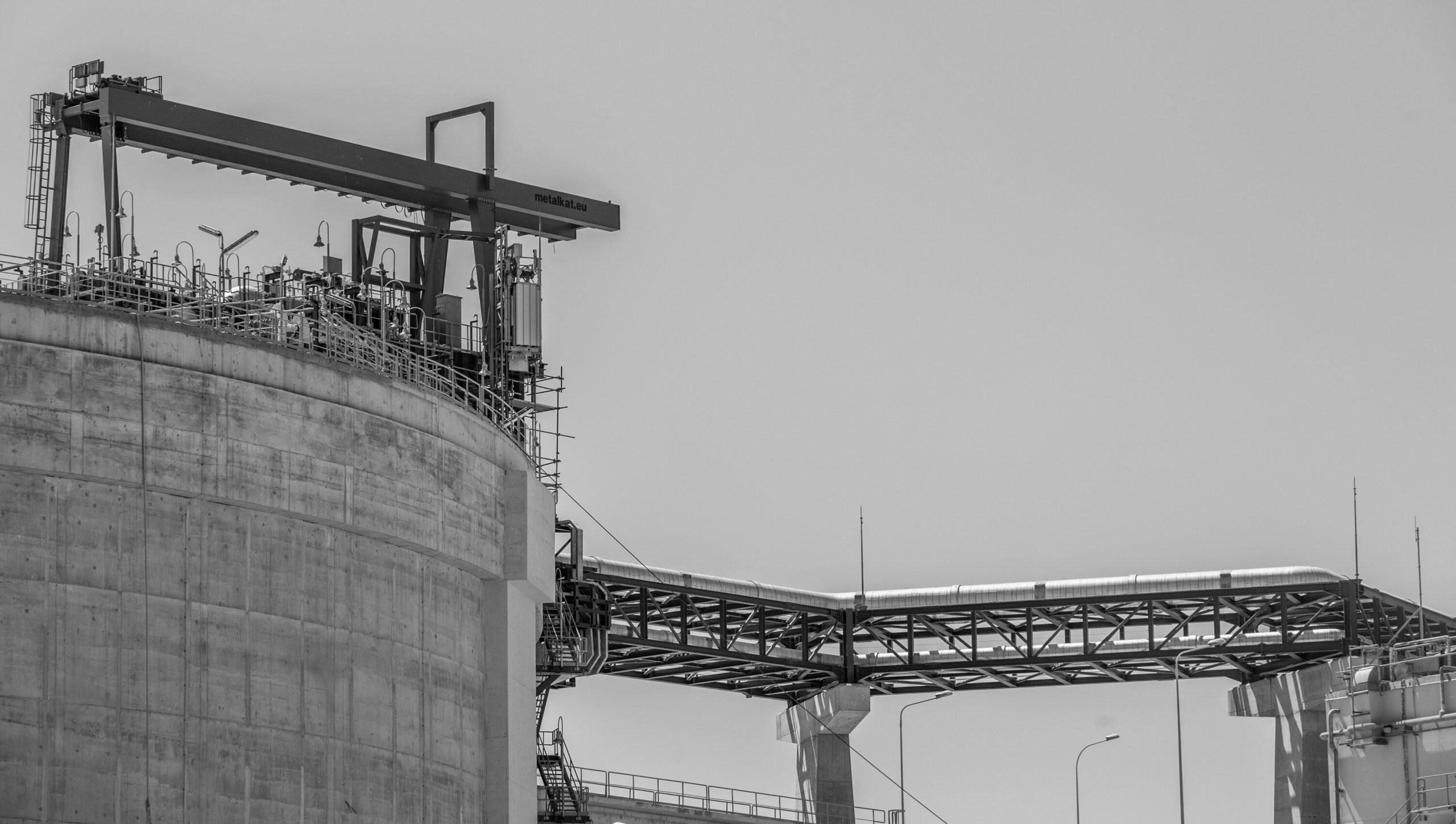
Fueling Change, Securing Tomorrow
Athens, 04 June 2025 – Tomorrow marks the official opening of the 22nd Annual Conference of Gas Infrastructure Europe (GIE) at the Marriott Hotel in Athens, Greece, hosted by DESFA, the Hellenic Natural Gas Transmission System Operator. For two days, 5–6 June 2025, the Greek capital turns into the beating heart of Europe’s energy dialogue, drawing more than 350 participants from across the energy spectrum—gas, electricity, hydrogen, renewables, academia, and policy.
The 22nd GIE Annual Conference is the central annual meeting point of Europe’s gas infrastructure community, providing thought leadership and strategic cooperation for energy system transformation. Hosted by DESFA, this year’s edition of GIE’s flagship event will focus on ‘Fueling Change, Securing Tomorrow’—exploring how EU gas infrastructure can evolve to ensure energy security, drive decarbonisation, and deliver a cleaner future, with Greece’s pivotal role as a strategic energy hub taking center stage.
Gas Infrastructure Europe (GIE) represents 72 members operating critical infrastructure across 25 countries, operating transmission pipelines, underground storage, and LNG terminals, with an increasing focus on CCUS technologies. GIE advocates for the role of flexible gas infrastructure as a cornerstone of a competitive, secure and decarbonised European energy system.
Maria Rita Galli, CEO of DESFA, notes: “We are very pleased to host GIE’s flagship annual conference in Athens, reaffirming Greece’s key role in the European energy dialogue. Ensuring security of affordable supply remains a top priority for Europe, and gas infrastructure plays a crucial role in this effort. By expanding and diversifying import infrastructures, strengthening cross-border interconnections and providing the flexibility required to integrate renewable energy sources, we are contributing to a more resilient and reliable energy system. At DESFA, we are not only responding to today’s challenges—we are also preparing for tomorrow. Our infrastructure is being developed with a long-term perspective, ready to accommodate renewable and low-carbon gases such as hydrogen and biomethane. Moreover, the gas infrastructure industry is proactively engaged to foster the advancement of carbon capture and storage, helping Europe meet its climate goals without compromising energy security.”
Arno Büx, President of GIE, states: “The GIE Annual Conference 2025 comes at a pivotal moment for Europe’s energy transition. As we gather in Athens—a city where heritage meets transformation—we bring together key players to reflect, connect, and act. Across Europe, gas infrastructure is evolving fast: enabling hydrogen corridors, scaling up biomethane, supporting CCUS, and reinforcing energy resilience. These developments are not isolated—they’re shaping a truly interconnected energy system. As GIE, we’re proud to lead this movement by driving integration, fostering innovation, and strengthening Europe’s infrastructure backbones. Our commitment remains clear: to build a resilient, secure, and competitive energy future for all Europeans.”
The first day of the conference will include high-level addresses from the Deputy Minister of Energy of Greece, Mr. Nikos Tsafos, the Secretary of State of Romania, Cristian-Silviu Bușoi and a high-level panel with GIE President Arno Büx and DESFA CEO Maria Rita Galli, setting the stage for strategic discussions on energy security, especially in South East Europe and the Baltics.
This panel will be followed by a GIEtalk on ensuring security of supply, presenting insights from the GSE study. Subsequent panels will delve into fortifying Europe’s energy landscape, focusing on security of supply in an evolving market, and advancing carbon capture, transport, and storage (CCUS) for a sustainable future.
The afternoon will feature GIEtalks highlighting pioneering CCUS projects, with a spotlight on DESFA’s APOLLOCO2 flagship PCI project aiming for the development of the first large-scale CCS hub in Greece, followed by panels on coordinating infrastructure for a resilient energy future and scaling up the EU’s hydrogen market, through the development of a pan-European hydrogen backbone to de-risk H₂ infrastructure for a net-zero Europe.
The second day will focus on Europe’s energy future in the context of the Green Deal and Fit-for-55 objectives, with panels on biomethane development and scale-up, affordable, accessible energy for consumers and innovation to enhance EU industrial competitiveness. The conference will also address cybersecurity and resilience in the energy sector, concluding with discussions on the future of LNG terminals and the strategic role of ports in the energy transition.
For the full agenda and updates: https://www.gie.eu/event/gie-annual-conference-2025/







